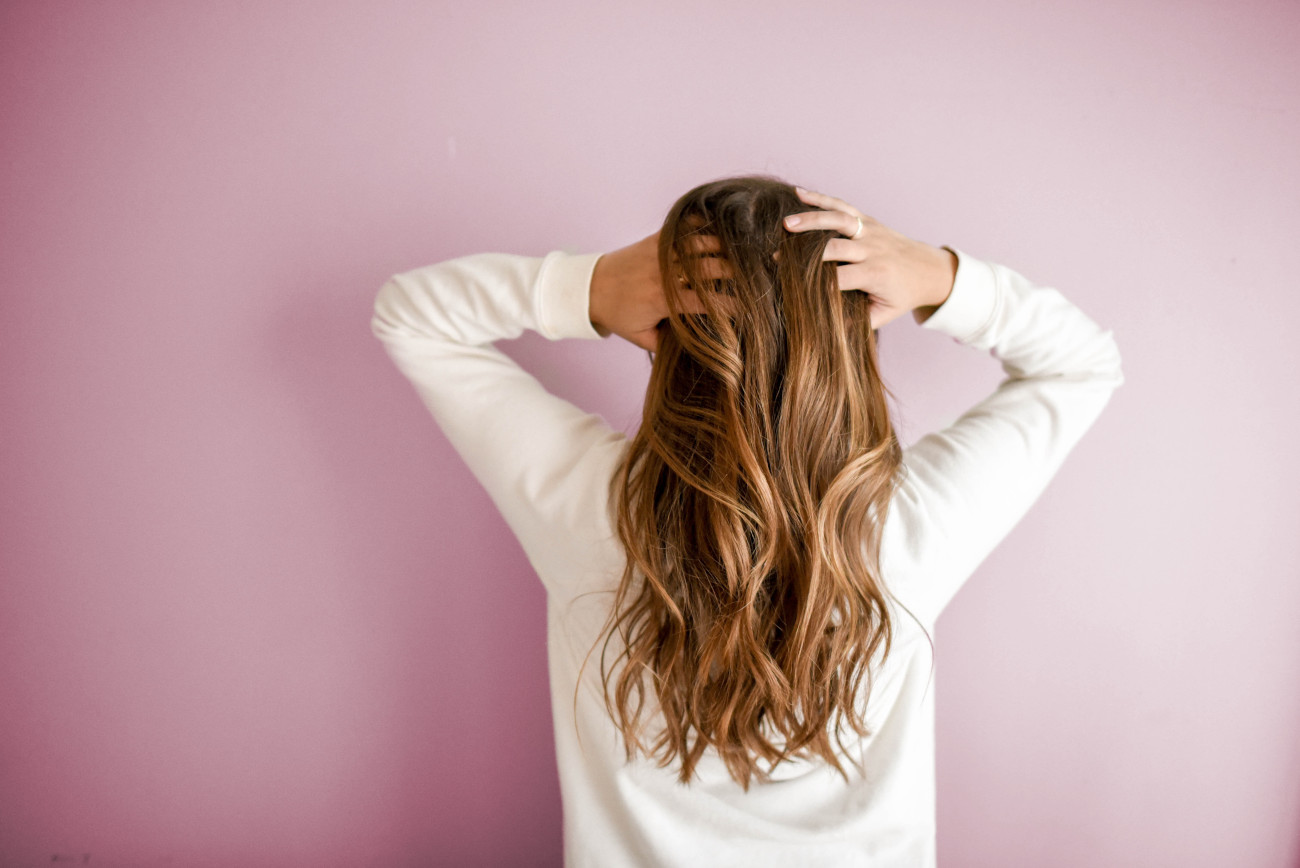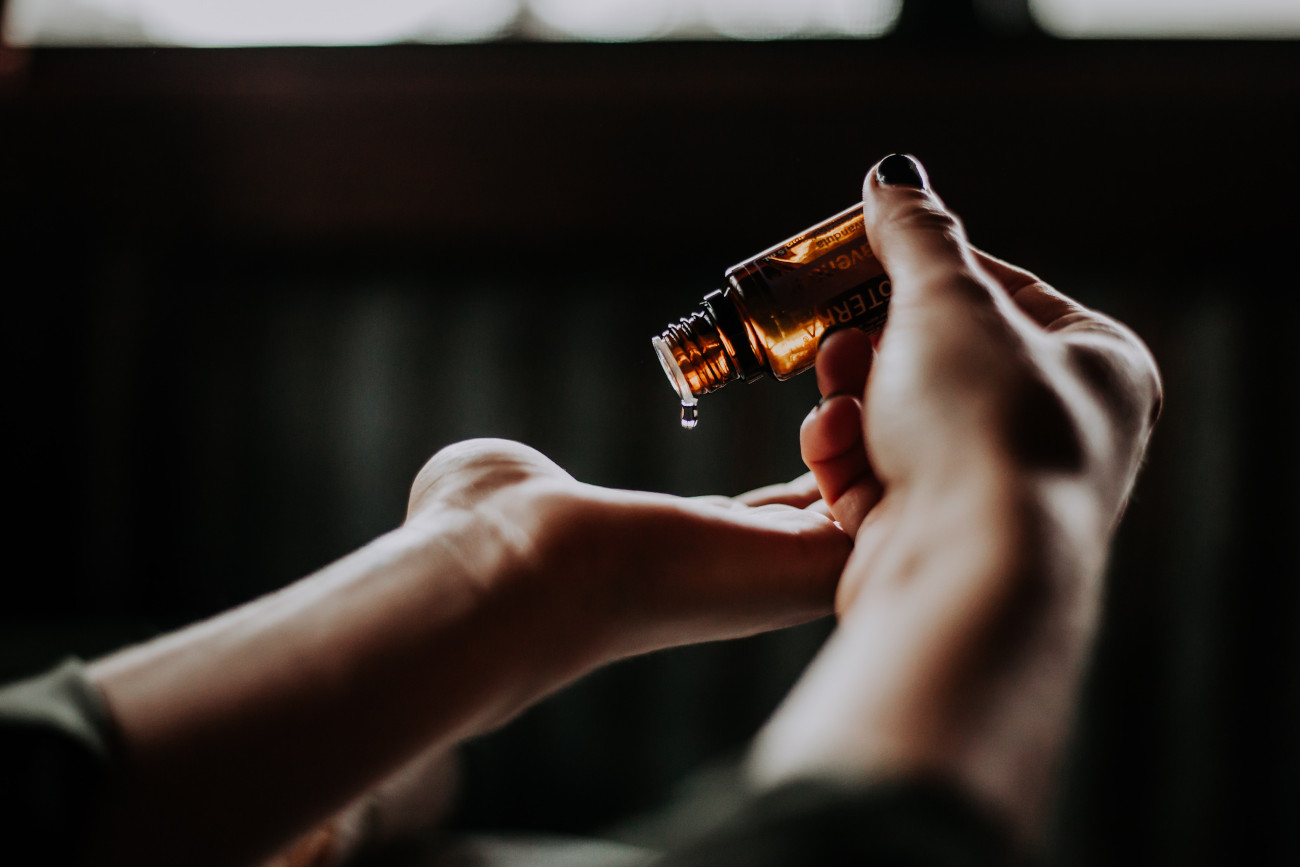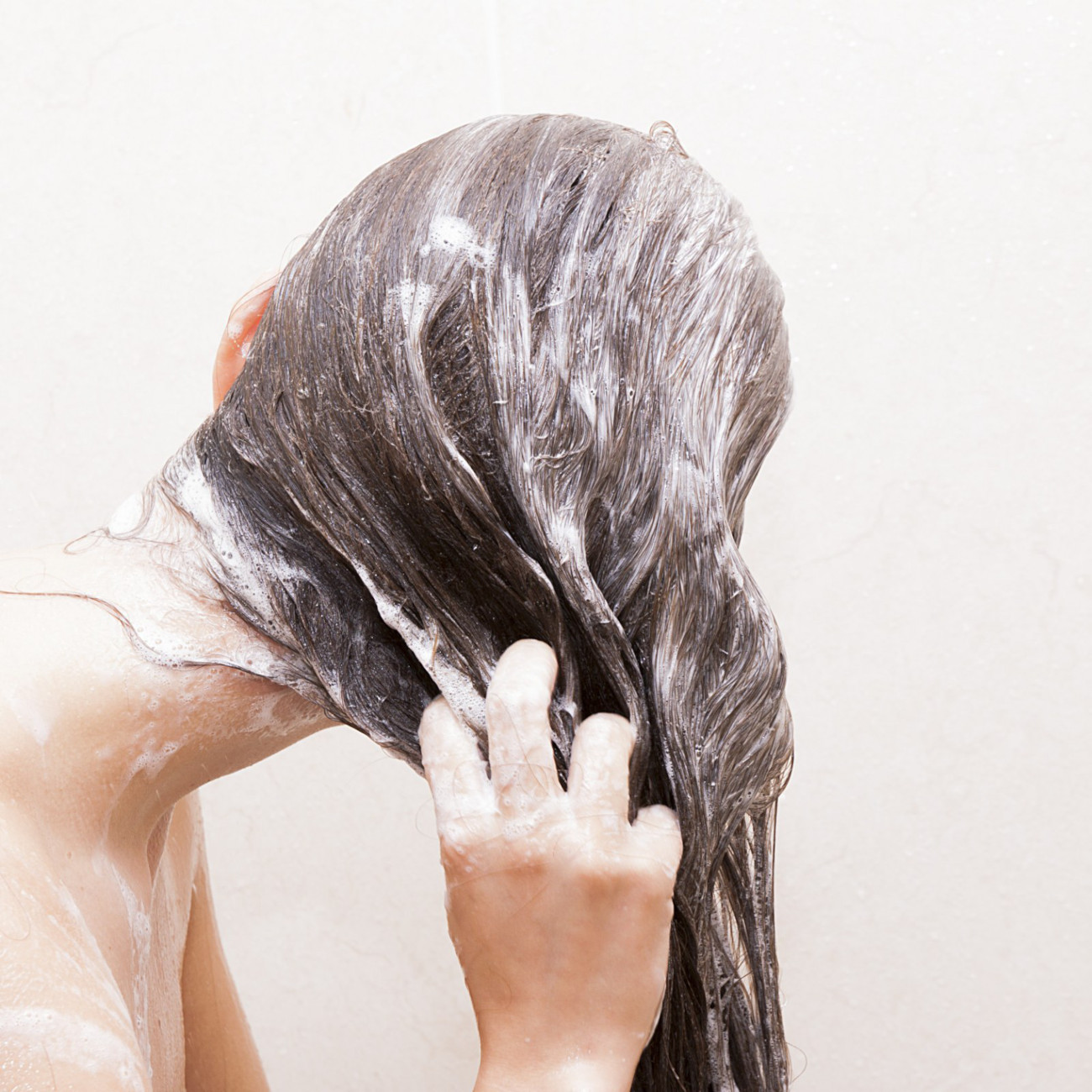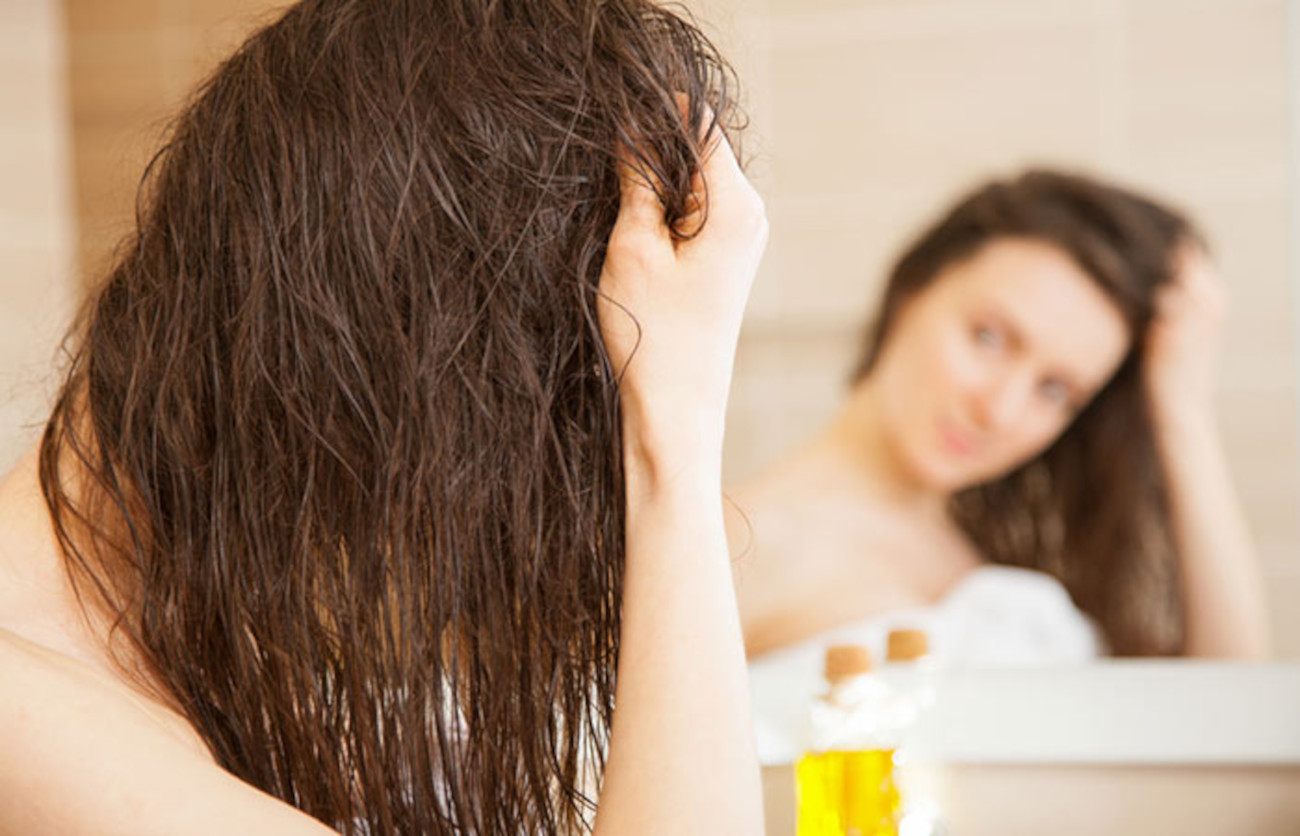We’ve seen trends, and I mean many trends, come and go on TikTok, but this one hasn’t budged for a while – quitting shampoo and conditioner for good, but does the cost outweigh the benefits?

Shampoos are more or less a 20th-century invention, formulated in the 1930s, but decades later, people are trying to embrace old-time kitchen remedies. And while cutting costs always sounds like a good plan, is it good for the long-term health of your scalp?

Shampoos are formulated to clean and eliminate residue in the hair. Once shampoo comes in contact with water, it acts as the middleman lowering the surface tension between grease and water, allowing oil and residue to detach and wash out of the hair and scalp. There are many types of these ingredients called surfactants, and while they may have some harsh drying qualities, most shampoos aren’t too abrasive.

Though sulfates are damaging and drying the skin or hair, the other end of the spectrum isn’t better either. Natural remedies like egg yolks, vinegar, or coconut oil can’t come out completely. Since natural solutions don’t easily wash away from the scalp, they can lead to other problems like skin buildup and clogged hair follicles.
Now you may think extra grease or residue isn’t going to make or break your hair growth, but a blocked follicle may stunt the growth and thickness of hair. Hair follicles can produce up to five strands of hair, but with a clogged pore, that number may decrease. With products like anti-skin irritation and dandruff shampoo clinically proving to outperform natural remedies and shown an increase in hair growth, it’s safe to correlate excess buildup as being detrimental to scalp and hair health. It’s not to say you should be using harsh shampoos or conditioners, but a clean scalp is crucial for hair health.

The truth is, our skin is like a mini-ecosystem: genetics, environment, hormones, and activity all contribute to the dryness or oiliness of one’s skin. While many swear they have great results with just warm water, it might not cut it for someone else. Before jumping on a bandwagon, know that no one solution fits the bill for everyone.
So before you look to go the kitchen pantry route for your hair care routine, evaluate your existing hair rituals and appropriately adjust how and when you use shampoo.













